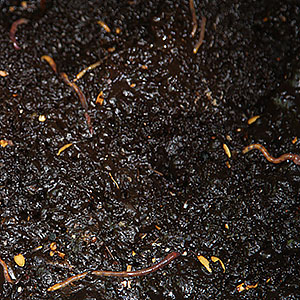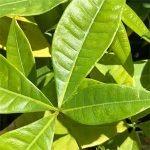
Used widely for composting, worm farms also produce vermicast and liquid waste which is a great source of fertilizer.
Worm farms can easily be set up in the home garden and are a great way to get rid of kitchen vegetable scraps. Commercial worm farms for large scale recycling of organic waste are also a great way to re-use waste materials.
What will you get from the worm farm
Liquid fertilizer or ‘worm tea’.Use this as liquid fertilizer, make sure you use it immediately, or ensure that you aerate it before use by pouring back and forth between containers.
Vermicaste or worm castings.This is just the best fertilizer you can get, ‘natures own’. Use one cup to 1 gallon of water as a liquid fertilizer.
Worm farms can also produce worms for fishing.
It is also worth exploring COMPOSTING as a means of household waste recycling.
Especially popular in Missouri, Colorado, Washington, Georgia, Texas, Florida, Illinois, North Carolina, Ohio and Pennsylvania worm farms have a place in every school, home and workplace where recycling is a priority.
Worm Farm Basics
Worm Farms are simply the best way of disposing of everything from leaf mould and grass clippings to coffee grounds, tea bags and soggy newspapers. Worms are nature’s recycling system and given a happy home they are very efficient.
Worms like a warm, moist position, sheltered from direct sunlight. And a worm farm in the right position will make for happy worms. Worms best suited for worm farms are a little different to the normal ‘garden worm’, red worms (Eisenia fetida) also known as ‘red wrigglers’ are really great workers, tiger worms, and indian blue worms are all commonly used.
You can construct a simple worm farm by using an old polystyrene box, the type with drainage holes, although the new commercial ‘stackable’ worm farms are really efficient and we do use these ourselves.
Worms like a nice place to start living, so try a bedding mix of moist well shredded coconut fibre or ‘coir peat’ well rotted, but not to moist compost will also do.
Worms will eat?
- Food and vegetable scraps, but not citrus or onion or garlic
- Coffee grounds, tea bags and eggshells
- Leaves.
- Paper and damp cardboard.
Worms also like.
A little wood ash or dolomite every two weeks to ensure that the worm farm does not become to acid.
Worms can be fattened and toughened with :
- 5 parts chicken layer pellets
- 2 parts wheat bran or wheat meal
- 2 parts wheat or corn flour
- 1 part whole wheat flour
- 1 part dolomite or agricultural lime
- 1 part powdered milk.
Other Information.
Commercial worm farms are now being used to recycle waste, worms can chew through half their body weight in a day, they are very efficient recyclers.
Worm farms will double their population every 2-3 months if you keep the worms happy, not to wet, not to dry and not to acid. So you might consider a larger worm farm after a while. Old baths can be converted into worm farms.
Wear gardening gloves when handling worms and worm castings, and always wash your hands thoroughly.

